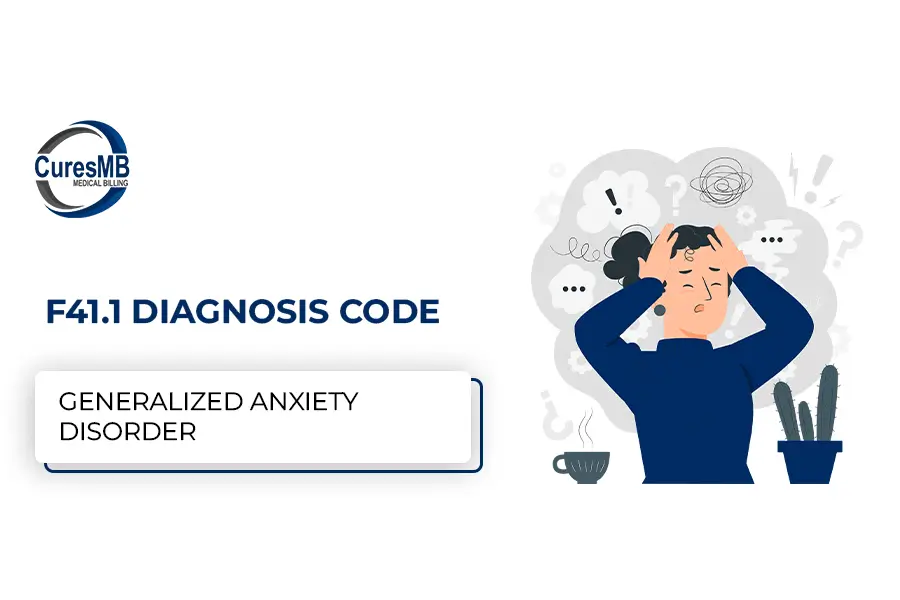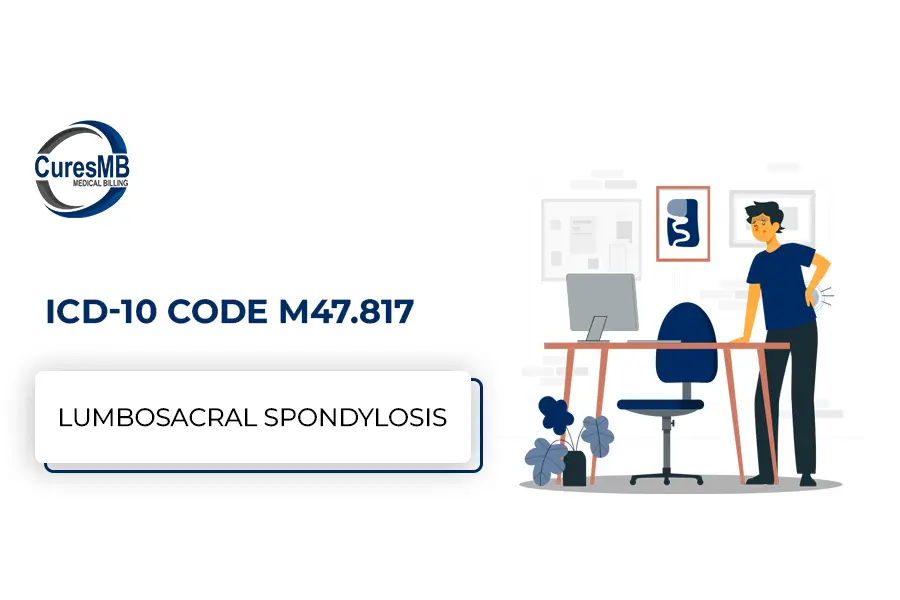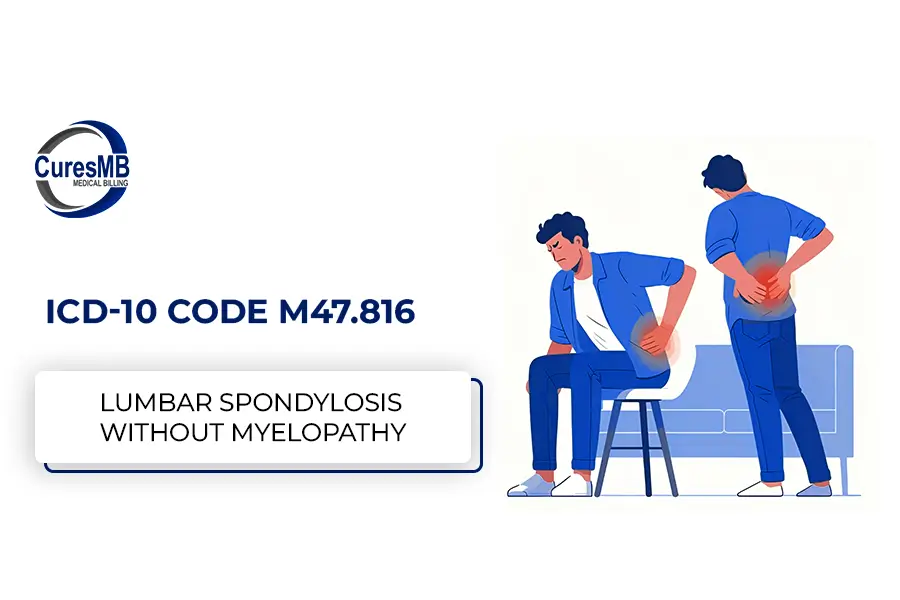ICD-10 code for anxiety (F41.1) signifies Generalized Anxiety Disorder, a chronic mental health situation concerning persistent worry for six months or longer. The DSM-5 code for GAD aligns with F41.1 in ICD-10, making it a billable and specific diagnosis.
ICD-10 Code M47.817 – Lumbosacral Spondylosis Billing Guide
ICD-10 code M47.817 is assigned for lumbosacral spondylosis when there is degeneration of the spine without signs of myelopathy or radiculopathy. Clinically, spondylosis is a degenerative spine condition often associated with spinal osteoarthritis.
ICD-10 Code M47.816 – Lumbar Spondylosis without Myelopathy
The ICD-10 designation M47.816 falls under other spondylosis without myelopathy, specifically affecting the lumbar area. This condition involves degenerative changes in the vertebrae of the lower back without evidence of spinal cord compression.




